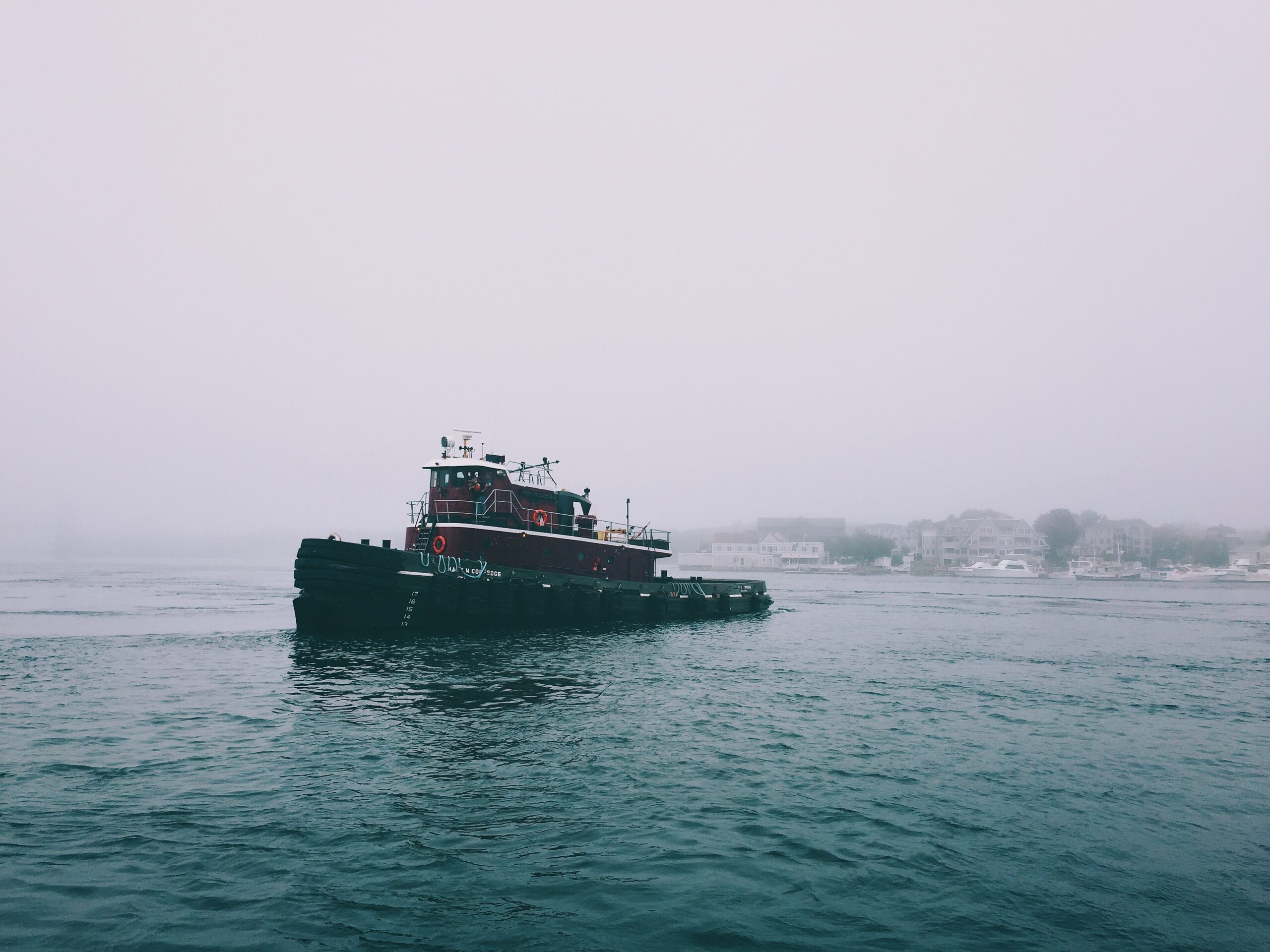
The Detainment of the Sea-Watch 4: the Criminalization of NGO Search and Rescue
25 January, 2021
Since the beginning of 2020, approximately 1,000 people have died or gone missing in the Central Mediterranean in an attempt to reach Europe. On 12 November 2020, 74 people drowned off the coast of Libya when a raft carrying migrants sank. From 1 October to 12 November, eight vessels carrying migrants sunk in the Central Mediterranean. In response to these incidents, both the UNHCR and IOM have argued for an “urgent need” to improve search and rescue (SAR) in the Mediterranean.
To complement the EU’s state-led rescue missions such as Frontex, Operation Themis, Poseidon, and Indalo, private humanitarian organizations have served as an important form of additional rescue assistance in the Mediterranean. Between 2014 and 2019, NGO SAR operations assisted roughly 120,000 migrants off the Libyan coast. Nevertheless, the hostility these humanitarian missions have had to endure from certain EU Member States, most notably Italy, Greece, Spain, and Malta, have made their rescue activities in the Mediterranean increasingly difficult. After 2016, NGOs began to experience frequent policy restrictions and criminal investigations by several Member States which limited their presence at sea. According to the Migration Policy Institute, 17 NGO ships were involved in legal proceedings between 2017 and June 2020. Italy has been especially hostile towards humanitarian SAR missions and has repeatedly prevented vessels from disembarking at its ports. In 2019, Italy imposed fines of up to one million euros for any private vessel found to be conducting rescue activities. Much of this legal action against NGOs for their humanitarian intervention at sea has been due to the misguided belief that SAR facilitates irregular migration.
The Sea-Watch 4
The Sea-Watch 4 is a joint SAR initiative between the NGOs United4Rescue, Sea-Watch, and Doctors without Borders (MSF), and until recently, it was one of the few NGO rescue ships operating in the Mediterranean. The Sea-Watch 4 left the port of Burriana, Spain, on 15 August 2020 with the aim of rescuing distressed migrants off the Libyan coast, and conducted its first rescue on 22 August, with two more rescues occurring in the following days. On 29 and 30 August, Malta ordered the transfer of rescued people from another SAR ship, the Louise Michel, to the Sea-Watch 4, which meant that the total number of people on board the Sea-Watch 4 rose to 353. Despite instructing this transfer, Maltese authorities ignored the Sea-Watch 4’s subsequent requests for a place to safely disembark.
Finally, on 31 August, Italian authorities gave the Sea-Watch 4 the green light that it was able to dock in Palermo, Italy. However, after an 11-hour long inspection of the ship, Italian port authorities impounded the Sea-Watch 4 on 19 September. Authorities justified this detainment by stating that saving people was not in line with the ship’s registration. They cited a list of other irregularities, such as too many life jackets and an inadequate sewage system for the number of people on board.
These negligible irregularities ignored the fact that the Sea-Watch 4 took on additional people following the instructions by Maltese authorities. Furthermore, they also ignored the obligation of ships to assist vessels in distress. Philipp Hahn, head of operations on the Sea-Watch 4, responded to this incident: “These flimsy excuses show once more that it is not a matter of checking the ship’s safety, but a deliberate measure to prevent civilians carrying out sea rescues in the central Mediterranean.”
Conclusion: what does this mean for the European Union?
The case of the Sea-Watch 4 and its prolonged inspection and detainment serves as just one example of the attempts by certain EU Member States to block NGO SAR activity. At the time that the Sea-Watch 4 was detained, it was the fifth SAR ship in five months to be detained by an EU Member State. The EU has made some steps towards tackling the criminalization of humanitarian activities in the New Pact on Migration and Asylum by “encouraging Member States to distinguish between activities carried out for the purpose of humanitarian assistance in the form of search and rescue and activities that aim to facilitate irregular entry or transit, and to exclude the former from criminalization…” However, this encouragement may not be enough for states like Italy to allow NGO SAR ships to disembark on its shores. Instead, the EU might consider the underlying reasons for the increased criminalization of NGO SAR by some Member States. Moreover, a greater focus on relocation policy or on increased funding to border states may lead to less resistance towards NGO ships. The New Pact attempts to relieve countries at Europe’s external borders from some of the pressures of migrant arrivals; for example, it allows Member States to opt out from participating in the relocation of asylum seekers if they provide financial support to other Member States. To be effective, this relief must go further because an increase in migration management assistance for border states has the potential to prevent NGO rescue ships from facing legal proceedings under bogus claims and ensure that more lives at sea are saved. The criminalization of organizations whose mission it is to save lives should not only raise eyebrows from a legal perspective, but from a humanitarian one as well.